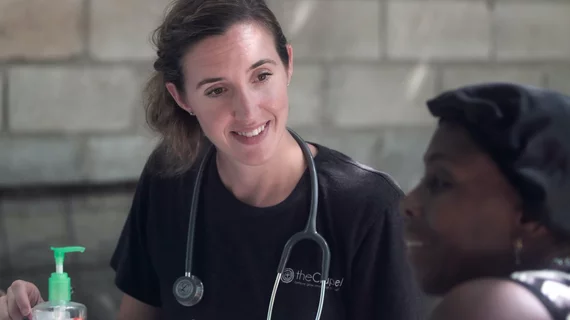Women’s org names best hospitals for women
The Women’s Choice Award is out with its 2024 lists of best hospitals for women across 19 categories, from bariatrics and cancer care to stroke care and women’s services.
The organizers say their selections are based on objective criteria for clinical performance, patient satisfaction and relevant accreditations.
The selected hospitals are listed in no special order without rankings or grades.
“Being treated with the proper level of care impacts your health, well-being and healing, so our goal is to simplify your choice by identifying those hospitals that have demonstrated the highest level of quality care to their patients, with a special focus on the female experience,” the organizing outfit, WomenCertified Inc., explains.
The team says it relies on up-to-date, publicly available clinical data from CMS, the Hospital Consumer Assessment of Healthcare Providers and Systems (HCAHPS) patient satisfaction survey results, the American Hospital Directory and other sources.
“In some cases, we have surveyed thousands of women to determine which measures are most important to them,” the introduction to the online list notes.
Further, hospitals pay no fees to quality, although some opt to purchase marketing-ready materials.
“The inclusion of a hospital within the WCA Best Hospitals, Imaging Center and Extended Care network should not be construed as an endorsement of the hospital/healthcare facility by WomenCertified Inc. or its partners and affiliates and is no guarantee of quality of services provided to patients,” the organizers state in a disclaimer. “These lists should be used as a starting point and be included as part of the decision-making process in choosing a healthcare facility.”

